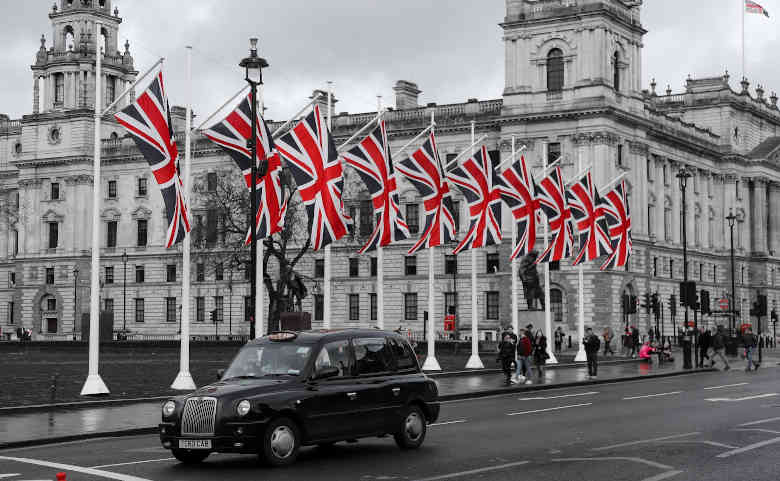The Telegraph, 20 June 2022, Sir Iain Duncan Smith MP
One of the most remarkable traits of the British establishment is its long-standing belief that the UK is in decline and there is little we can do about it. This view was encapsulated in comments from Sir William Armstrong, the then head of the Civil Service, in 1973. “The business of the Civil Service is the orderly management of decline”, he is reported by the historian Peter Hennessy as saying. But Armstrong was hardly alone in thinking this. “Declinism” has infected our political thinking for decades.
The truth is rather different. After the US and China, the UK is probably still third among the five most powerful actors in global terms. That. in essence, means not much has changed in the past 300 years. The UK has always been a medium-sized country near the top in terms of global reach and influence. The foundations of Britain’s past successes are still there and strong. These should guide us as we plan for how we should act post-Brexit.
The decision to join the EEC was born out of pessimism. Our leaders believed that the only way to save ourselves was to become part of “Europe”. There was a failure to see the strengths that made the UK so influential on the world stage: our stable common law-based legal and political system, our language, our central role in finance and our global reach through the Commonwealth.
The Brexit vote was a revolt against this pessimism. There are huge challenges and opportunities ahead, but so much depends on whether our governing elites can re-discover the self-confidence that was once the hall-mark of Britain.
Click here to read the piece in full.
Click here to read the report in full.

